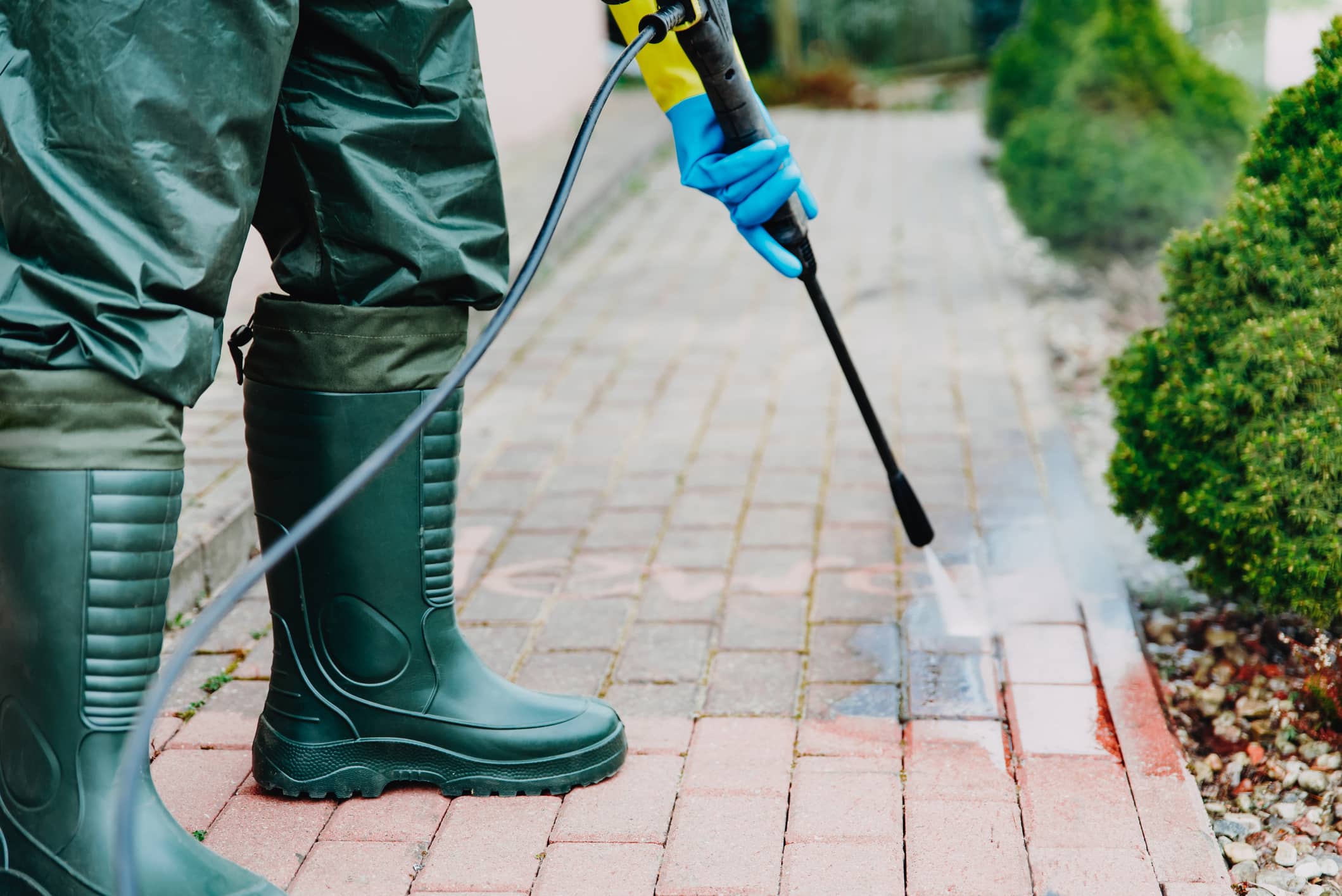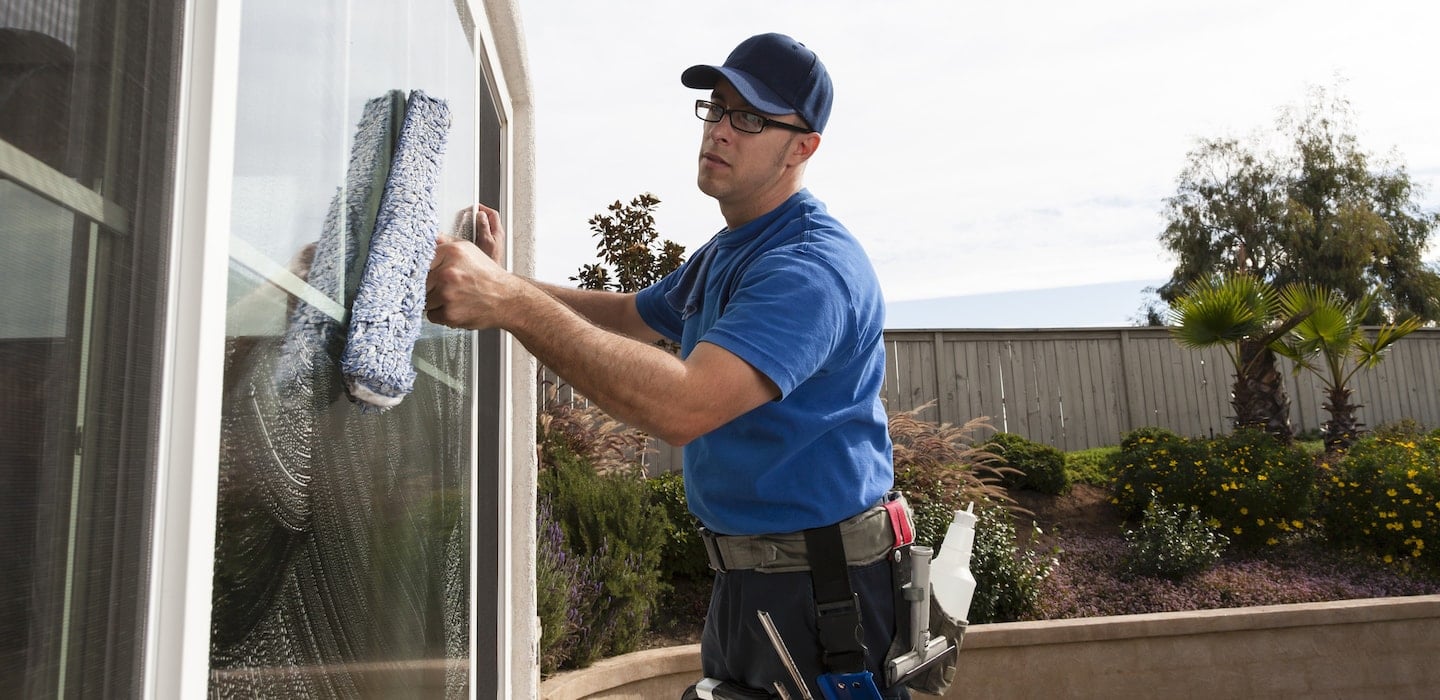Are you thinking about starting a carpet cleaning company? If so, there’s never been a better time. In fact, the Cleaning Services Market Report by Allied Market Research forecasts the global cleaning market to experience an annual CGR (compound growth rate) exceeding 6%, and a total market value of $74 billion by 2022.
The demand is there. But you should know that getting started and opening your own cleaning service isn’t just a stroll in the park. There are several things you must do in order to set up shop, grow your business, and find long-term success.
Curious how to start a carpet cleaning business? Let’s break it down.
Key considerations
Reaching success in the carpet cleaning business takes time, patience, and hard work. For starters, there’s a lot of prep work that must be completed before you ever open your doors to customers. One early decision you must make is determining the focus of your carpet cleaning service. Answering the following questions will help you determine that focus:
- Franchise or solo?
- Which market will you operate in?
- Do you need a physical location?
- What carpet cleaning equipment do you require to get started?
- Do you need a business license?
Let’s dive into each of these in more detail.
Franchise or solo?
The first crossroads you’ll reach is an important one. You must decide whether you wish to create an independent business from the ground up or skip some steps by becoming a franchisee of a larger carpet cleaning conglomerate, such as:
- Chem-Dry Carpet & Upholstery Cleaning
- Oxi Fresh Carpet Cleaning
- Stanley Steemer Carpet Cleaner
- milliCare
- Zerorez
Franchising allows you to skip many of the headaches and much of the trial-and-error involved with starting a new carpet cleaning business. However, you sacrifice control and a percentage of profits by doing so. You’ll need to weigh the pros and cons and decide which venture best suits your vision.
Which market will you operate in: residential or commercial?
The cleaning industry has two main markets to choose from. While you could dip your toes in both, for most startups, that wouldn’t be wise. Each market has different demands and unique challenges. So, to begin, ask yourself whether you envision yourself operating in the residential or commercial space.
Residential – Residential spaces tend to be smaller, less frequent jobs. They can be done by just a single person or a small team.
Commercial – Commercial carpet cleaners are contracted out by buildings or companies to regularly clean office space carpets. Since these involve spaces with much larger square footage plans, a carpet cleaner will need to have the right team and equipment to handle the job.
Finding your niche when offering a carpet cleaning service will play an important role in many factors of your cleaning business, including:
- Budget
- Crew size
- Equipment demands
- Business structure
- Insurance needs
Do you need a physical location?
Along the same lines, the type of cleaning company you land on will have an impact on many of your capital investment decisions. For instance, if you work residential, the most cost-effective way to operate would be out of a vehicle or your home. Since your job is on the go, there’s little benefit to having anything besides a virtual storefront (website).
On the other hand, if you plan on building a larger commercial carpet cleaning business, an office may be a worthwhile investment. Especially if you need to manage and coordinate with multiple cleaning crews. The decision to rent office space for your cleaning company will largely depend on your cost benefit analysis.
What carpet cleaning equipment do you need to get started?
Similarly, there are capital investment start-up costs you must consider, including:
Supplies and equipment – Aside from cleaning agents and equipment, your largest upfront equipment investment will be your carpet cleaning unit. While a truck-mounted cleaning unit is the gold standard, many start-ups can get by with a portable extractor in the early stages of building up a steady client base.
A van or truck – You’re going to need a vehicle to lug around all of your cleaning supplies, equipment, and machinery, particularly if you work residential and go from location to location. Ideally, your work vehicle will be spacious and in good working condition that can store all of your cleaning equipment .
Do you need a business license?
Depending on the state you operate in, you may be required to obtain a special cleaning business license or a service contractor’s license. Since such types of requirements are location specific, visit your state’s small business administration online portal or give them a ring to find out more about local regulations.
Should your state require a cleaning business license, you’ll have to:
- File an application
- Fill out the paperwork
- Open up a business bank account
- Purchase a bond
- License and permit bond
- Surety or janitorial bond
In addition, regardless of licensing regulations, you’ll be required to file for an employer identification number (EIN) to legally operate and pay taxes.
Protect your carpet cleaning business with insurance
Many carpet cleaning businesses invest in insurance policies as a hedge against risk and liability. While there are a variety of policies available, there are at least three primary types that are must-haves for any carpet cleaning business owner:
- Workers’ compensation (legally required)
- Commercial auto insurance (legally required)
- General liability insurance (highly recommended)
Workers’ compensation Every state but Texas requires that a business have workers’ compensation insurance. This type of policy protects you and your employees should work-related injuries or illnesses occur. A workers’ compensation policy can help cover:
- Medical bills
- Continued treatment
- Rehab
- Disability
- Lost wages
- Funeral expenses
Commercial auto insurance policy If you plan on purchasing or leasing a vehicle that will be used for work, you’re legally obligated to invest in a commercial auto policy. This type of policy protects your vehicle, driver, and third parties, covering the following:
- Bodily injury liability coverage
- Property damage liability coverage
- Medical payments
- Uninsured motorist coverage
- Comprehensive physical damage coverage
- Collision coverage
You should be aware that every state has minimum coverage policy limits. Most experts recommend that you purchase a policy with $100,000 commercial auto liability coverage per vehicle, and a minimum ranging between $500,000–$1,000,000.
General Liability Coverage While it may not be legally required, few types of insurance coverage are more important for a carpet cleaning business. A general liability policy protects your carpet cleaning business against the risk of an accident (such as property damage or bodily injury) that occurs to a third party. It can help cover:
- Bodily injury
- Property damage
- Personal & advertising injury
Wondering the best place to find the right carpet cleaning liability insurance?
Here at Thimble, you can purchase an affordable, flexible, on-demand policy in under a minute. Tailor it to your needs and select a coverage policy by the hour, day, or month. With Thimble, pay for insurance protection when you need it, save when you don’t.
While there are multiple factors involved in starting your carpet cleaning business, when it comes to protecting you from general liability risks, we’re here to help.
Clean carpets, clean business
By following these steps, you’ll be fully prepared to launch your own business as a professional carpet cleaner. Armed with the right insurance, you can operate with the confidence you need to become a success story.
Feeling ready?
Fantastic. Now you have the tools to go out and get started!








